North American Pharmaceutical Supply Chains – Undertaking COVID-19 Vaccine and new legislation
The COVID-19 Pandemic has affected the pharmaceutical industry in North America across 3 main areas: product sourcing and procurement, product launch and distribution, and acquisition and access. Market volatility, price spikes and occasional dishonest dealings are also present in medical supply chains in North America. Suddenly the industry got many new players. Business is booming and many people affected by the unemployment and business closures started to buy an sell medical supplies. In the meantime, hospitals struggle to obtain protective equipment for their employees, facing a battle against unregulated commerce.
Now that 10 vaccines are in the early phases of human testing, the Pharmaceutical Industry needs to prepare its supply chains to handle a high volume of vaccines. At least 70% of the population will probably need to be inoculated to begin to establish herd immunity and slow spread.
The vaccine supply chain involves not only manufacturing the vaccine contents, but storage and packaging components, cold-chain transit, domestic and global shipping, distribution strategies and storage.
There is a shortage of components needed for the vaccine, such as glass vials for vaccine storage, stopper, needles and syringes, chemicals and vaccine components.
“In general, the biopharmaceutical industry continues to manufacture vaccines in batches, unlike other industries like the petrochemical industry, whose production is continuous. Current methods require a lot of manual work and are extremely slow and particular for a product” – Said Pavel Machado, Mexican biotechnologist engineer, who is working on the COVID vaccine development
One of the biggest challenges of the Pharmaceutical Supply Chain is the need to build manufacturing capacity as soon as possible. According to the Vaccines Alliance, this needs to be done now in order to be able to produce early doses to support clinical studies, scale-up processes to industrial-scale before clinical trials begin, scale-out products in different countries to expand capacity and stockpile vaccines in bulk in anticipation of dose level definition.
The scenario public health experts fear most is a worldwide fight in which manufacturers sell only to the highest bidders, rich countries try to buy up the supplies, and nations where manufacturers are located hoard vaccines for their own citizens.
“The model of countries thinking only of themselves is not going to work. Even if you’re living somewhere that’s somehow perfectly without any infections, your best efforts to fight the virus are going to fail unless you shut off all your borders and trade,” said Seth Berkley, CEO of Gavi, a public-private partnership that helps provide vaccines to developing countries. “This is a global problem that requires a global solution.” – The Washington Post
As of July 2020, more than 150 countries engaged in the COVID-19 vaccine global access facility (COVAX), which is designed to guarantee rapid, fair, equitable access to COVID-19 vaccines for every country in the world. In North America, Canada and Mexico are counted among the countries that have shown interest in this initiative. In contrast, the United States has not engaged in the COVAX.
The United States Federal government has indicated that it is prioritizing domestic concerns
The United States and Europe are placing advance orders for hundreds of millions of doses of successful vaccines, potentially leaving little for poorer parts of the world. “I’m very concerned,” says John Nkengasong, director of the Africa Centres for Disease Control and Prevention.
The most wealthy economies are preparing to manufacture the vaccine at home, leaving behind poorer countries. In early July, United States Senators Elizabeth Warren and Tina Smith introduced The Pharmaceutical Supply Chain Defense and Enhancement Act.
The Pharmaceutical Supply Chain Defense and Enhancement Act — comprehensive legislation that takes bold steps to reinvigorate the United States’ manufacturing capacity and end the nation’s reliance on foreign countries for critical drugs used by millions of Americans.
According to the Democratic Senators, this bill:
- Requires the FDA Commissioner and the Secretary of Defense to develop a confidential list of “critical drugs” essential for public health and national security.
- Lowers the cost of domestic production by providing $1 billion a year for 5 years to the Biomedical Advanced Research and Development Authority (BARDA), to dramatically upgrade our national capacity to manufacture “critical drugs.”
- Creates a market for domestically-produced pharmaceuticals by requiring DoD, VA, HHS, and BOP to purchase American-made drugs and providing funding to subsidize the purchase of these drugs
- Boosts supply chain transparency
- Require the FTC and the Treasury Department to study the role of foreign investment in the U.S. pharmaceutical industry
Meanwhile, Canada and Mexico are banking on global cooperation
Even if Canada has invested $192 million to help create a made-in-Canada vaccine, producing enough for all Canadians is not a simple task. The two companies receiving funding are Medicargo and VIDO-InterVac. “Based in Quebec, Medicago has one of the largest production capacities in the country and says it’s committed to providing vaccines for all Canadians if it’s successful. But the company’s main facility is across the U.S. border, which could create complications.” -CBC News. The government in Canada has set up a biomanufacturing facility in Montreal to develop and scale-up processes to produce biological medicines. However, it will be able to produce only up to 100,000 doses of vaccine per month once one is available.
Mexico is among the countries contemplated by the World Health Organization (WHO) to receive the vaccine against the new coronavirus (COVID-19) in a timely manner; however, this is expected to only reach 20% of the population.
According to the Coalition for Innovations in Epidemic Preparedness (CEPI), calculations to meet development and production targets indicate that Mexico requires $ 10 billion for an initial purchase of 2 billion doses.
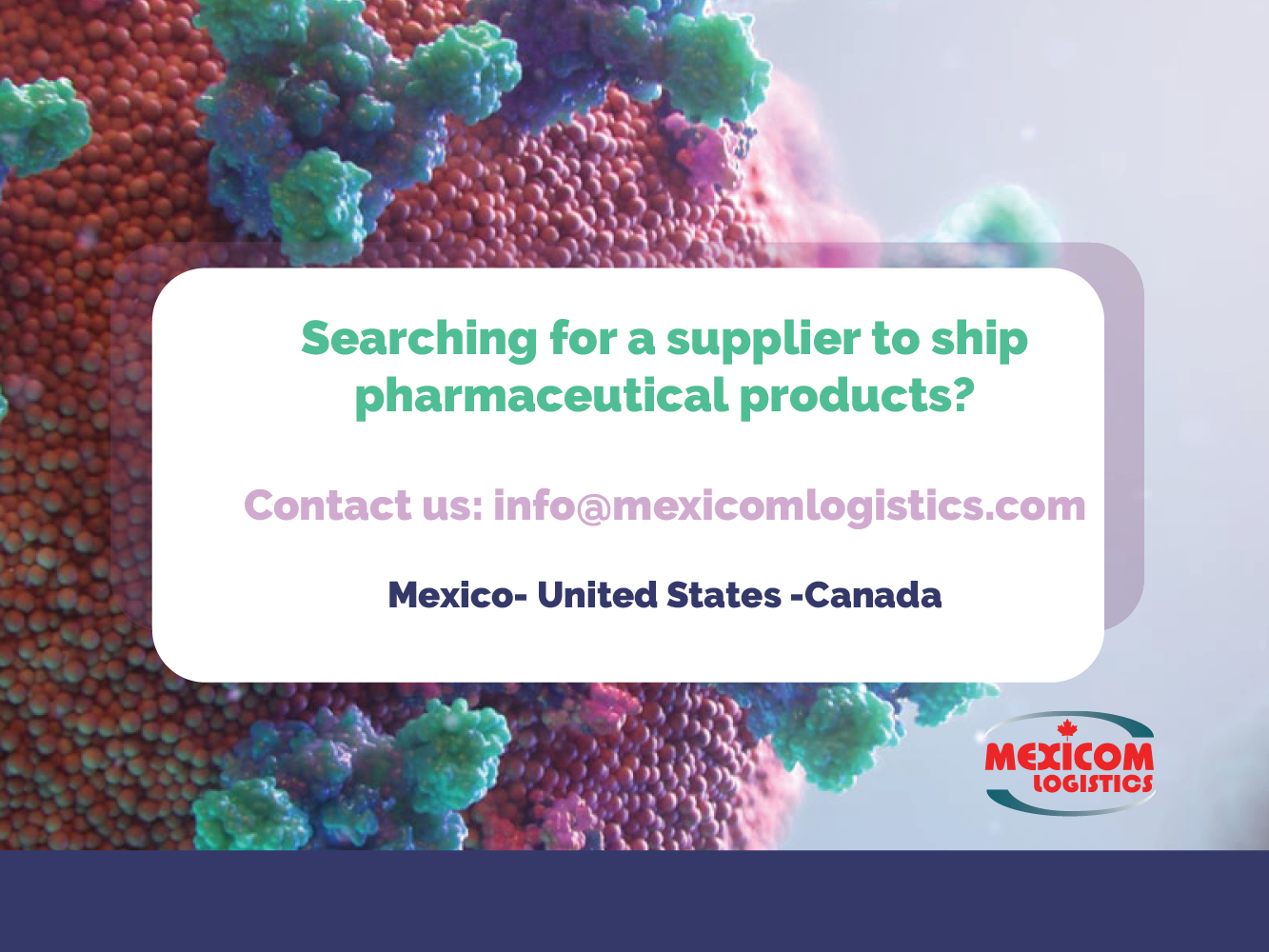
https://www.supplychaindive.com/news/coronavirus-vaccine-supply-chain/579835/
https://www.who.int/news-room/detail/15-07-2020-more-than-150-countries-engaged-in-covid-19-vaccine-global-access-facility
https://www.washingtonpost.com/business/2020/05/11/coronavirus-vaccine-global-supply/
https://www.sciencemag.org/news/2020/07/vaccine-nationalism-threatens-global-plan-distribute-covid-19-shots-fairly
https://www.infobae.com/america/mexico/2020/07/31/vacuna-contra-el-coronavirus-mexico-solo-podra-inmunizar-al-20-de-la-poblacion-senalo-jorge-alcocer/
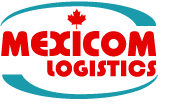

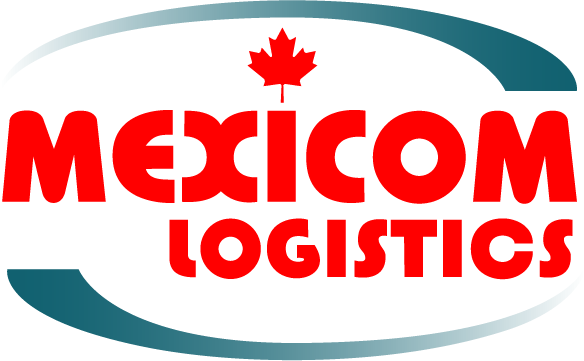






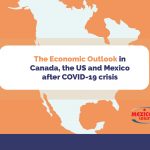
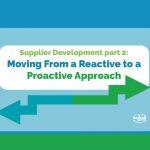
Great job, thanks for sharing the great piece of information.